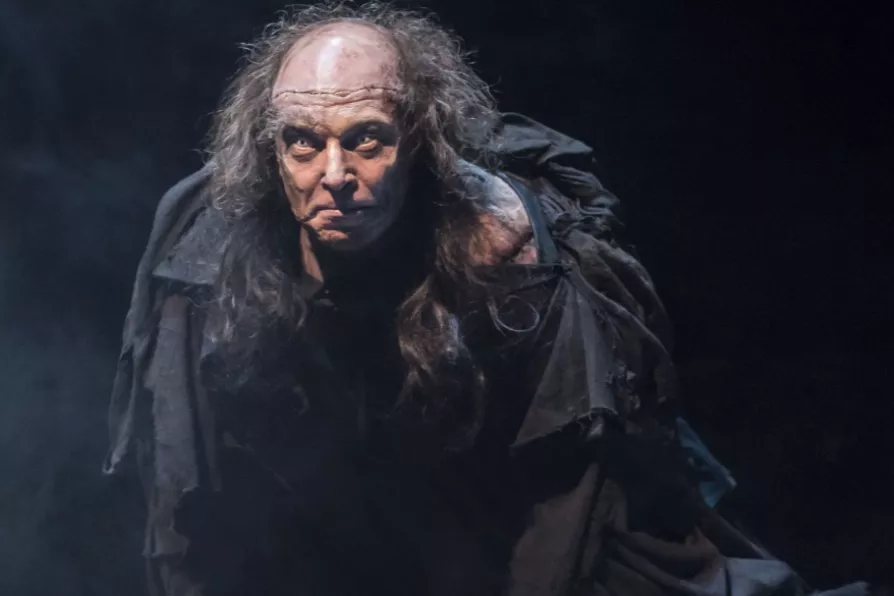The Bard stands with the Reformers of Peterloo, and their shared genius in teaching history with music and song

 Wonderful: Harry Attwell as The Creature
[Johan Persson]
Wonderful: Harry Attwell as The Creature
[Johan Persson]
Frankenstein
Royal Exchange Theatre, Manchester
MARY SHELLEY was an enigma. Slight, weak and sickly pale, she eloped at 16 and by 20 had endured two pregnancies resulting in one death, with the other infant dying shortly afterwards
And yet she was the author of one of the most profound novels ever written. Dressed up as gothic horror, Frankenstein is not only the embryo of modern sci-fi, it is a highly political and proudly feminist book.
In the two centuries since she created her monster, Frankenstein has been reimagined in music, stage and film and even been appropriated by capitalism in order to sell all manner of kitsch. April De Angelis’s new adaptation for the Royal Exchange, lovingly faithful to Shelley’s original, is problematic.

PETER MASON applauds a stage version of Le Carre’s novel that questions what ordinary people have to gain from high-level governmental spying

PAUL FOLEY welcomes a dramatic account of the men and women involved in the pivotal moment of the 5th Pan African Congress

LEO BOIX introduces a bold novel by Mapuche writer Daniela Catrileo, a raw memoir from Cuban-Russian author Anna Lidia Vega Serova, and powerful poetry by Mexican Juana Adcock











